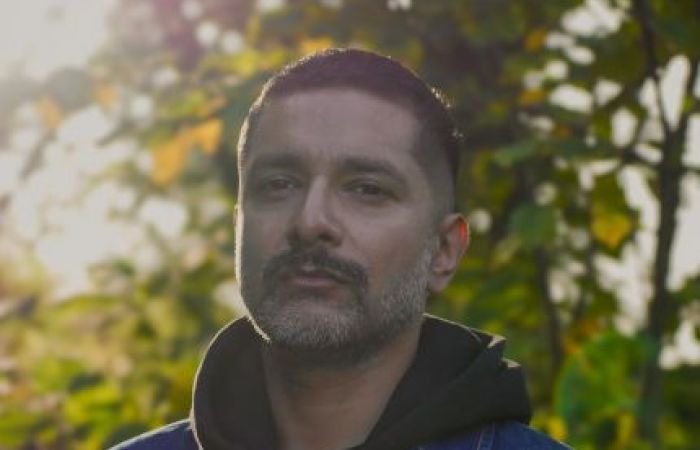Dr Delwar Hussain
Job Title
Lecturer

Research interests
Research interests
Ethnography, Gender and Sexuality, Borderlands, Fences, Modernisation, Colonialism, Decolonisation, LGBTQ+, History, South Asia, Britain, Bangladesh, Pakistan, India, Inheritance
In 2025, Delwar was awarded a Wellcome Trust grant for his project: ‘Just who do I leave my worldly possessions to, darling?’: An Ethnographic Study of Queer Inheritance. Inheritance—the right to bequeath one’s estate to whomever one chooses— is at the heart of end-life wellbeing and a cornerstone of a ‘good death.’ This project explores how inheritance functions within queer communities, examining the emotional, political, and social complexities surrounding both inheritance and disinheritance. It investigates why these processes often become sites of trauma, anxiety, and fear, while also serving as foundations for queer survivance, joy, and collective wellbeing.
Topics interested in supervising
Delwar supervises doctoral and postdoctoral scholars and welcomes expressions of interest from anybody with overlapping research interests.
If you are interested in being supervised by Delwar Hussain, please see the links below for more information:
Background
Delwar Hussain is a social anthropologist whose work explores the intersections of history, politics, and the lived realities of South Asia and beyond. His research delves into themes of religion, gender, urban life, sexuality, and the dynamics of tolerance and intolerance.
Earning his PhD from the University of Cambridge in 2011, Delwar joined the University of Edinburgh in 2013. His doctoral research—a groundbreaking ethnography on the Bangladesh-India border—resulted in the acclaimed monograph Boundaries Undermined: The Ruins of Progress on the Bangladesh-India Border (2013, Hurst and Oxford University Press). The book was widely discussed, including on BBC Radio 4’s Thinking Allowed, and reviewed by renowned author Pankaj Mishra amongst many others.
His forthcoming book, An Anthropology of Drowning, is a genre-defying blend of auto-ethnography and fiction, offering an intimate and layered portrait of Dhaka—one of the world’s fastest-growing and most complex cities. Through the lens of a London-born anthropologist returning to Bangladesh after his father’s death, the narrative weaves together political unrest, climate crises, and deeply personal reckonings with identity, loss, and belonging.
Teaching and supervision
Delwar teaches and supervises undergraduate and postgraduate courses, covering topics such as:
- Social Anthropology (Anthropology Matters, The Ethnographies Seminar)
- Ritual and Religion (Anthropology of Ritual and Religion)
- Ethnographic Methods (Qualitative Methods in Ethnographic Fieldwork, Imagining Anthropological Fieldwork)
- Sex, Gender & Politics (Sex and Gender in the Contemporary World, Global Politics of Sex and Gender)
- He was one of the founders of the pioneering undergraduate courses Introduction to Queer Studies at the University of Edinburgh
Public Anthropology
Beyond academia, Delwar is deeply committed to public scholarship. He has contributed to Guardian, including its Walled World Series, and has written for Open Democracy, New Internationalist, Himal, and Economic and Political Weekly. His expertise frequently informs television and film productions, including the award-winning documentary Every Good Marriage Beings With Tears (Winner of the Royal Anthropological Institute Film Festival, 2007) and the film adaptation of Brick Lane.
Works within
Staff Hours and Guidance
Please email me if you would like to see me.